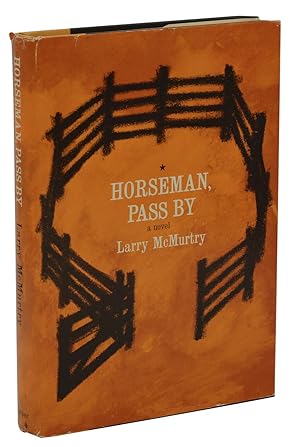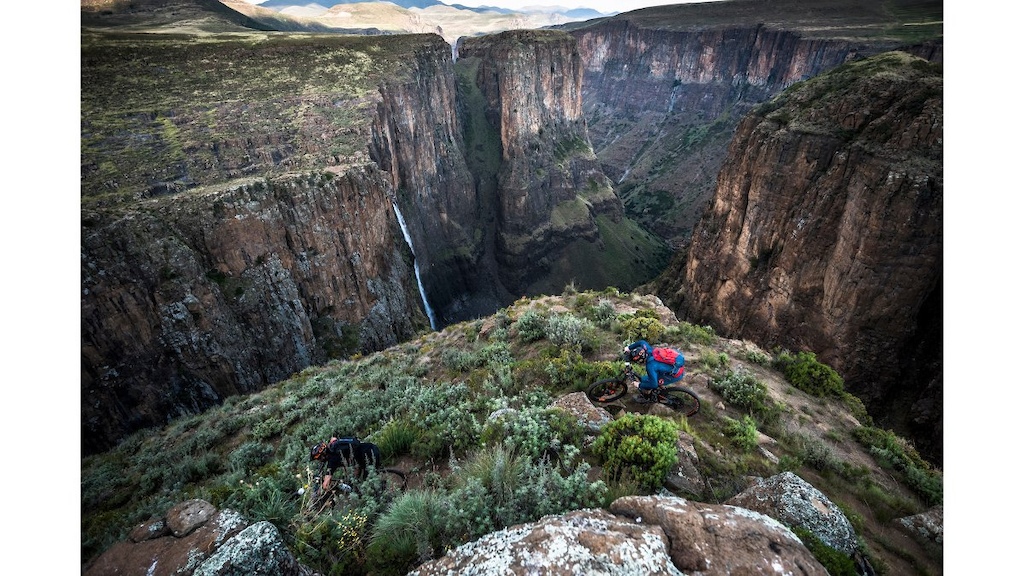

While the horses did not all die the same way, the number of fatalities has been concerning enough for the safety group to call an emergency convention.

He’d already chosen it as his final resting-place when he died, so he is looking ahead to when he himself will lie ‘under Ben Bulben’.The Horseracing Integrity and Safety Authority (HISA) will hold an emergency summit with Churchill Downs on Tuesday after 12 horses died in the past month. Ben Bulben is the name of a flat-topped mountain near Sligo, which Yeats had a particular attachment to. Yeats quotations with the final three lines of his poem ‘ Under Ben Bulben’, which became Yeats’s epitaph when he died in 1939, and can be found on his tomb. The salmon-falls, the mackerel-crowded seas,įish, flesh, or fowl, commend all summer longĬormac McCarthy borrowed the opening words for the title of his novel, No Country for Old Men. In one another’s arms, birds in the trees, Yeats poem: they begin ‘Sailing to Byzantium’, his classic 1927 poem about growing older and feeling increasingly out of place in the world: These are perhaps the best-known opening words to any W. However, these words, and the poem as a whole, are a loose translation of a poem by the fifteenth-century French poet Ronsard. Your eyes had once, and of their shadows deep … When you are old and grey and full of sleep,Īnd nodding by the fire, take down this book,Īnd slowly read, and dream of the soft look In 1891, when Yeats wrote ‘When You Are Old’, he and Gonne were in a relationship, but it was failing and Yeats feared he was losing her: These words open one of Yeats’s best-known early poems, which is believed to be about Maud Gonne, Yeats’s muse. ‘When you are old and grey and full of sleep’. One of Yeats’s shortest poems is ‘Death’, in which he talks about how ‘man has created death’: no other living thing understands the concept of death or that it will die one day, since it has no concept of its own mortality. Nevertheless, he acknowledges that a new ‘beauty’ has been ‘born’ out of the struggle. Yeats had conflicted feelings towards the rising, since he deplored violence (in most cases) as a way of achieving Irish independence from the British. This is a repeated line in ‘Easter 1916’, a poem Yeats wrote in the summer of 1916, shortly after the Easter Rising in Dublin.


 0 kommentar(er)
0 kommentar(er)
